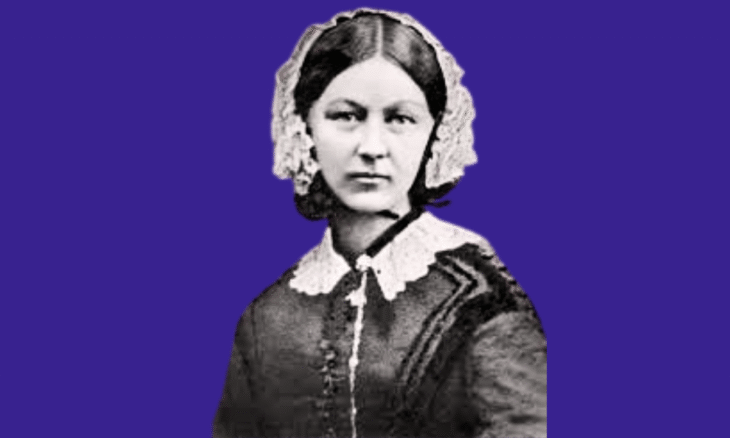As the world observes International Nurses Day, the legacy of Florence Nightingale, the pioneering figure in modern nursing, is remembered with deep respect and admiration. Just as a mother forms the pillar of a family, nurses form the foundation of every hospital. Their silent service, empathy, and resilience make them an indispensable part of healthcare.
Florence Nightingale was born on 12 May 1820 in Italy, into a wealthy family fluent in multiple languages including English, Greek, Spanish, and German.
Despite her family’s aspirations for her to lead a royal life, Florence pursued a path of public service. At the age of 17, she declared her decision to remain unmarried, choosing instead to dedicate her life to nursing.
Trained at the Kaiserwerth Institute in Germany, Florence’s defining moment came during the Crimean War in 1853, where she tended to wounded soldiers, providing not only medical care but also introducing hygiene and cleanliness to prevent the spread of infection. Her night rounds with a lamp in hand earned her the iconic title, “Lady with the Lamp.”
Her compassionate approach helped improve survival rates among the wounded. In 1860, she established the first nursing training centre in London, setting a new standard for medical care.
She authored several influential works and played a key role in institutionalising nursing practices worldwide. Florence Nightingale passed away on 13 August 1910, but her legacy lives on through generations of nurses.
International Nurses Day
On this International Nurses Day, observed annually on 12 May, healthcare institutions, professionals, and the public pay tribute to the dedication, compassion, and tireless service of nurses, inspired by the enduring legacy of Florence Nightingale.




